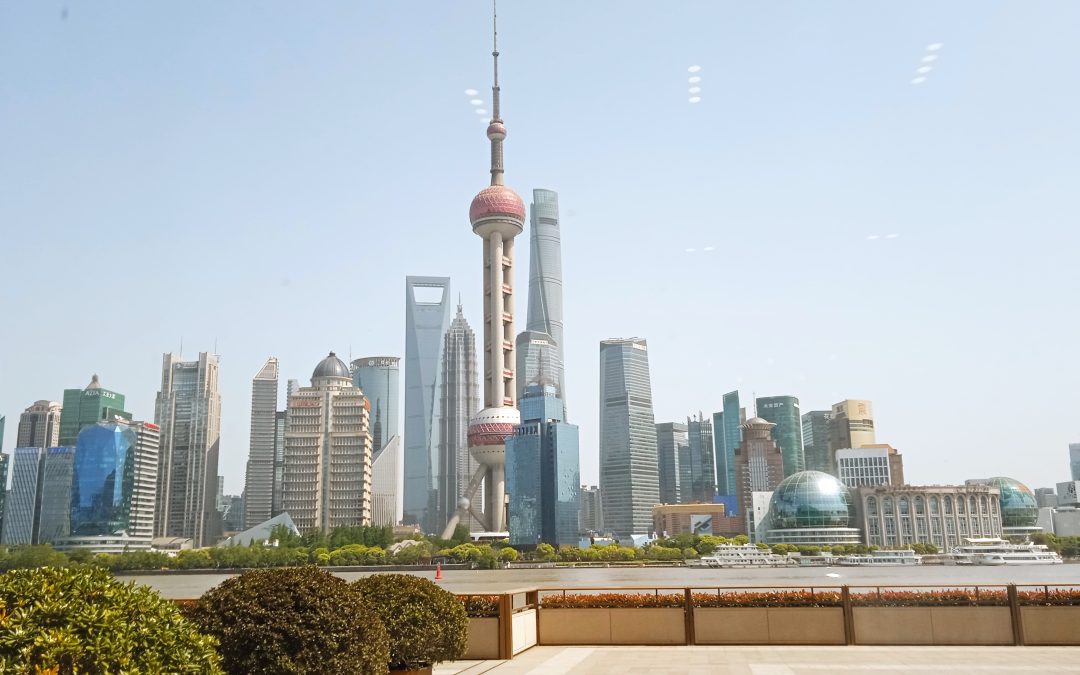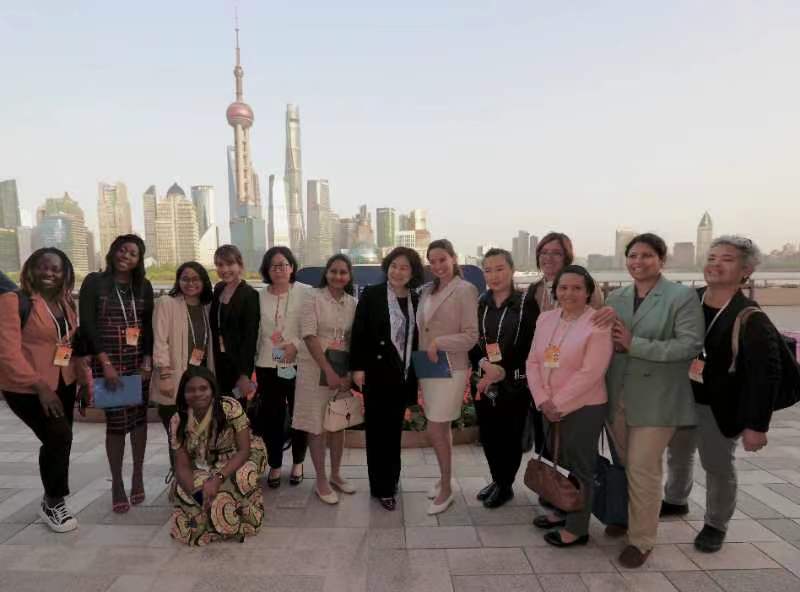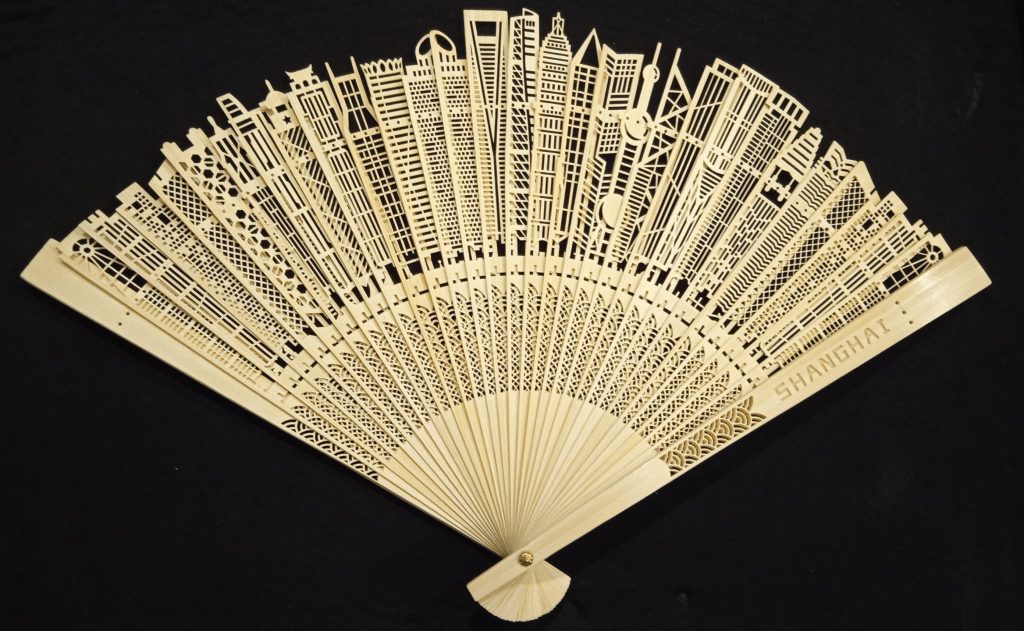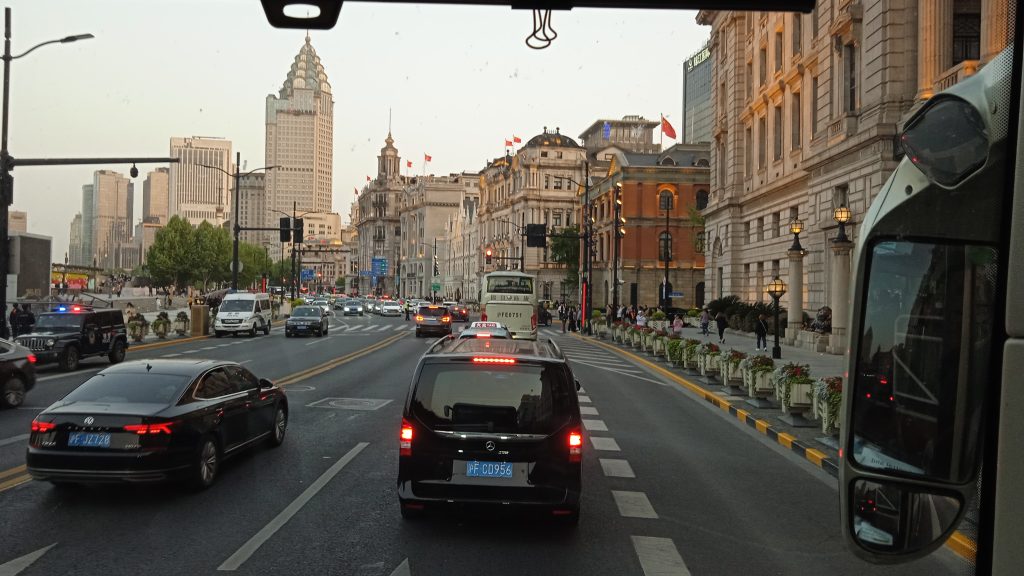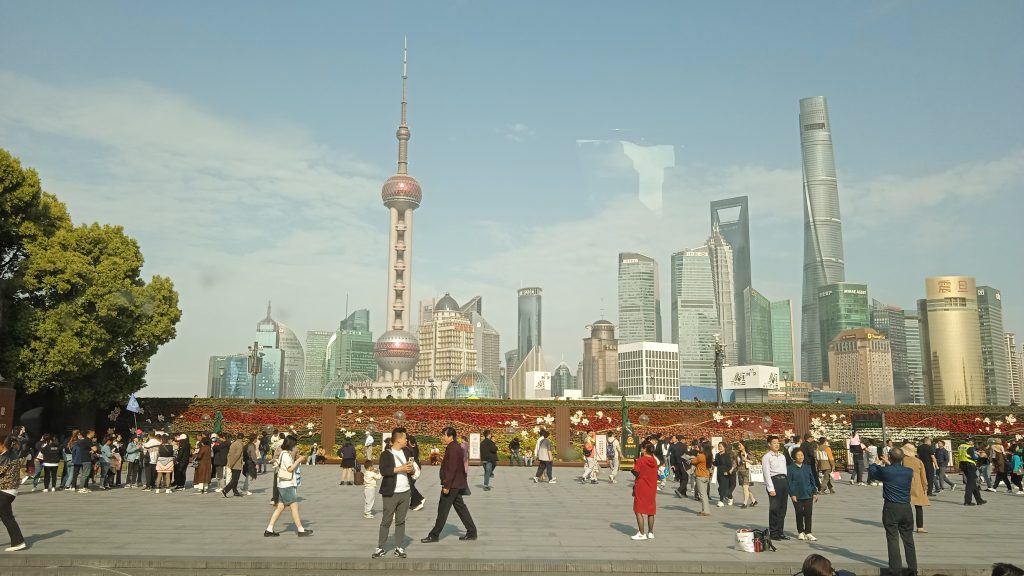On 21 April 2023, I attended the Lanting Forum on Chinese Modernisation and the World, an important channel of China’s public diplomacy, in Shanghai, as part of the China International Press Communication Centre (CIPCC) group assignment.
Hosted for the first time in Shanghai, the city, China’s most significant economic centre, promoted Chinese-style modernisation. From the Bund—the protected historical district on the waterfront—the impressive skyline and the heritage buildings document the city’s rise from colonial oppression to modernisation with Chinese characteristics. Chinese characteristics, based on the philosophy that development depends on prosperity, peaceful civilisation, harmony and cooperation, plus the grit of its people and the focus of its government, is the template which brought China quantum leaps forward.
My main takeaways were the importance of the 3 initiatives by President Xi to world harmony; challenges of mistrust and miscommunication (language), fear of ascendency of China and its middle class, fear of loss of US supremacy and decline of its middle class, and the governance of international trade and funding agencies needing to be more inclusive of the developing nation audiences they were built to serve, and not be the instrument of a select minority that benefits. The Global Development Initiative focuses on poverty alleviation, food security, industrialisation, climate change and green development. The Global Security Initiative promotes peace, and the building of a multipolar world with global harmony, while the Global Civilisation Initiative calls for all civilisations to live together in harmony.
China supports and assists other developing countries to the best of its ability. That a non-English speaking country is generous in getting its geographic and similarly economic-status neighbours out of difficulty while it is still developing toward a socialist people-centred economy, elicits disbelief (How dare they? How can they?) and mistrust (What’s in it for them?) based on how Western forms of assistance are framed. China’s rise in a single lifetime, increasing the weight of the Global South, has shocked the main organs of world economic governance intent on aiding and abetting 4% of the world’s population to overrule decisions supported by countries containing 96% of the world’s people, 84% of which live in developing countries. Note too, the main organs are headed by citizens of that 4% and decisions appear weighted in their favour. For me, the mistrust felt by the US comes from 3 elements:
- Perceived loss of market share as the world’s superpower and godfather.
- World’s less developed economies have an alternative to the big stick Bretton Woods Institutions that have moved from mitigating conflict and promoting peace and development to catering more to the whims of the US than to the audiences they should empower.
- The clashing of Western and Eastern cultures, where the focus is ME in one culture, and WE in the other.
I also found that language is a challenge, where the differences in Eastern culture and the Chinese methodology is lost in translation from Beijing Mandarin to Standard English, and open for US cultural and political misinterpretation.
Western modernisation opened for colonialism dividing the world into very small and rich and very large and poor, embedding hostility to civilisations outside their own, undermining and eradicating indigenous traditions, customs, and practices of the colonised. China’s technological and other advances demonstrate what is achieved when a country’s leadership is determined to set its people on a path to common prosperity.
China offers the global-South countries, including those of the Caribbean region, their template of united, inclusive and sustainable development, a people-oriented, technological, educational and green modernisation. The template is offered on the proviso that each country tweaks it to its own national requirements. It is not a template to duplicate China elsewhere. China’s success should inspire developing countries to pursue their own poverty reduction methods, development and prosperity, on their terms, without giving up their national identity, culture or national conditions. Without a new template to draw on, countries of the global South threaten to become consumers of platform Western capitalism at the expense of contributing and benefiting from a larger world pie.
China’s consumption economy is estimated at about 400 million people with growing demand for high-quality products and services. Coming from a significantly smaller geographical area, I am, at the moment, at a loss to think of a single product or service Grenada can successfully export to China’s 400 million. Interestingly, 2 reports show differences in exports from Grenada to China. According to OEC World, in 2021, Grenada exported $239,000 to China. The main products exported were iron structures ($137,000), hot-rolled iron bars ($43,600), and iron fasteners ($23,900). Paintings, animal hides, etc., make up the balance. In another report, China imported about US$24,200 worth of goods from Grenada comprising works of art, collectors’ pieces and antiques ($17,810); articles of leather, animal gut, harness, travel goods (US$3,160); unspecified commodities (US$3,080); electrical, electronic equipment (US$115) and articles of iron or steel (US$37). Within the imports of works of art are listed antiques of an age exceeding 100 years valued at US$2,170; such items should be protected under Chapter 204 National Heritage Protection Act of 1990.
When we figure out what we can export to China in significant quantities, it can only benefit us. In the meantime, the same way China built its modernisation model based on items seen around the world and adapted to its national requirements, the same way my island state can look to the template and see what applies and can apply to set us on the path to true independence.

